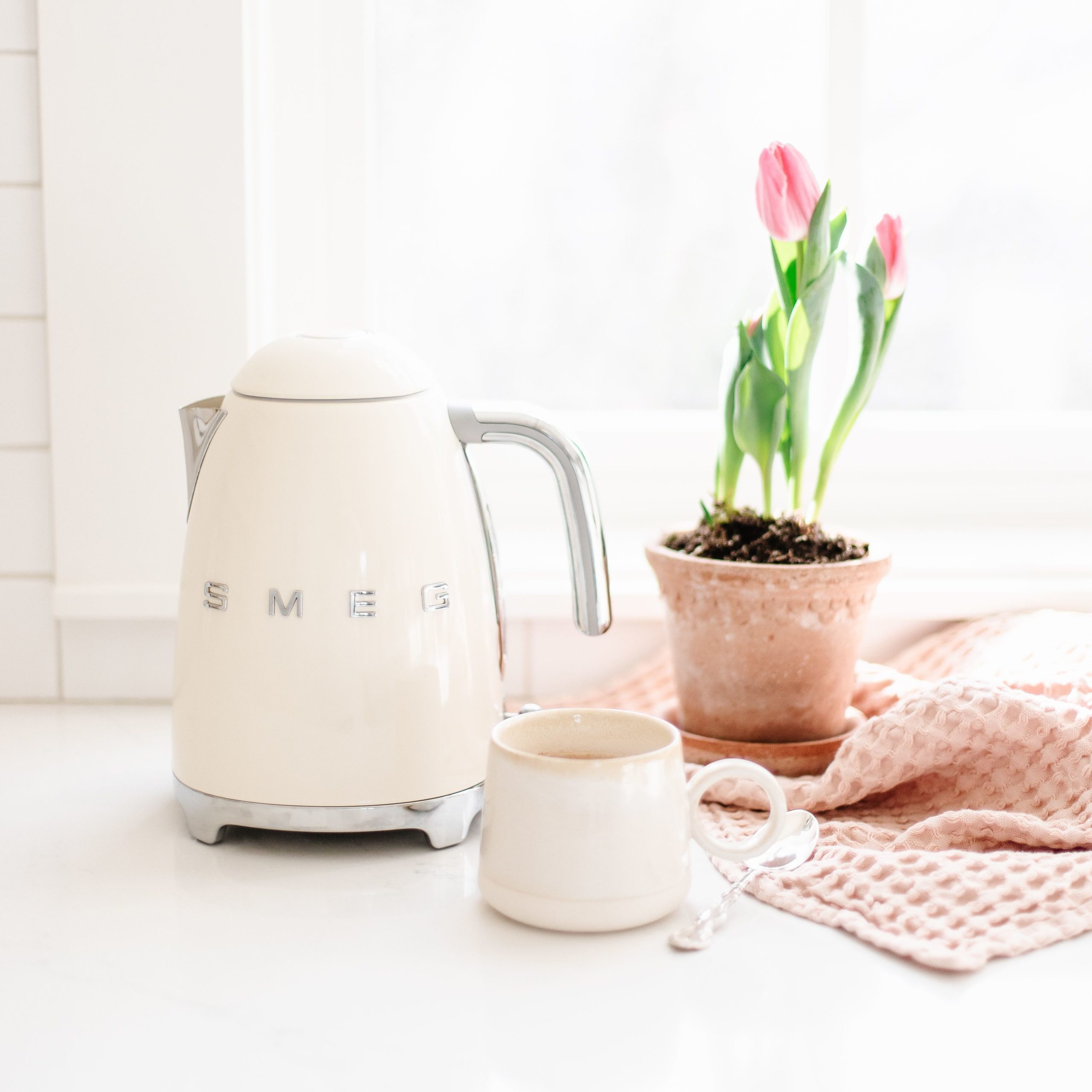[ad_1]
It has been a long road to this point, and truthfully I wasn’t sure I was ever going to talk about this with the world, but I am finally ready to share my Crohn’s disease journey in case it helps anyone.
There has been enough unhappy news in the world, I wasn’t sure I needed to add mine to the pile for the longest time. This diagnosis has been painful, frustrating, draining, embarrassing and honestly a bit s-h-i-t-t-y. I mean if you can’t laugh at yourself who can?! Like I said, the journey here was a long one, so allow me to explain.
My first signs of Crohn’s disease
At first, assumed I had a stomach bug or ate something really bad. We were at the cabin, and I couldn’t leave the washroom. It wasn’t until my ankles and feet were swollen beyond recognition and I could barely walk that I thought of getting some help. I didn’t make a connection between what was happening with my gut and my swelling, but I knew this wasn’t normal (I later found out that I had a very rare arthritic complication that was related to the Crohn’s disease).
Back in October 2021 I started to experience increasingly bad stomach cramps and pains along with needing to use the bathroom up to 20 times a day. I suspected little and tried to just carry on until I developed dramatic pitting edema (swelling) in my legs and feet, achy joints and could barely shuffle from room to room without being in excruciating pain. A 10 hour wait in emergency later and they told me what I hoped I wouldn’t hear: it sounded like IBD.
What is IBD?
IBD stands for Inflammatory Bowel Disease, and is an umbrella term used to describe a class of inflammatory diseases of the digestive tract. The two diseases that fall under IBD include Crohn’s disease and ulcerative colitis.
Both ulcerative colitis and Crohn’s disease are characterized by diarrhea, rectal bleeding, abdominal pain, fatigue and weight loss among other not-fun things. This was not my first introduction to Crohn’s Disease, and let’s just say I was NOT happy to be re-acquainted!
My 21 Year Crohn’s Remission
Truth be told, I had technically been diagnosed 21 years ago but never really believed it was a correct diagnosis. I had just finished my rather stressful internship in dietetics in Ottawa and was suffering in the gut department. A scope and consult with a gastroenterologist told me that it “looked like” Crohn’s disease. They put me on an oral anti-inflammatory agent and it went away. For 21 years. Which is why I never actually believed the diagnosis was right in the first place: a 21 year remission isn’t exactly common. I have my theories as to why it came back (it was right after my second COVID shot), but I will never know for sure.

What is Crohn’s disease?
“Crohn’s disease is a type of inflammatory bowel disease (IBD). It causes inflammation of your digestive tract, which can lead to abdominal pain, severe diarrhea, fatigue, weight loss and malnutrition. Inflammation caused by Crohn’s disease can involve different areas of the digestive tract in different people https://www.mayoclinic.org/diseases-conditions/crohns-disease/symptoms-causes/syc-20353304″>(source)“. Unlike ulcerative colitis, https://www.mayoclinic.org/diseases-conditions/inflammatory-bowel-disease/symptoms-causes/syc-20353315″>Crohn’s disease can affect anywhere in your digestive tract (from your gum to your bum, so they say) and can involve a deeper layer of your digestive tract at the tissue level. It has no cure and no known cause, and can be debilitating, painful and life-threatening.
How do you get diagnosed with Crohn’s disease?
I got diagnosed with an https://www.mayoclinic.org/tests-procedures/endoscopy/about/pac-20395197″>upper endoscopy and https://www.mayoclinic.org/tests-procedures/colonoscopy/about/pac-20393569″>colonoscopy, which is pretty standard. The gastroenterologist can see the inflammation in your gut with the scope and see where it is in the gut and the degree of inflammation in each area. Crohn’s disease isn’t something you self-diagnose. If you are concerned speak with your doctor.

What is the treatment for Crohn’s disease?
There are many treatments that can be used for Crohn’s disease and are designed to down-regulate inflammation in the body. Once that initial inflammation is controlled, many patients will be put on a medication to help maintain that lower level of inflammation for the long term. I’m not gastroenterologist, and of course every person’s therapeutic journey is different. My diet truthfully hasn’t changed much: food has never been the issue for me as I already eat a balanced, lower inflammation diet filled with plants. If you are needing support for any specific health issues I always recommend consulting a registered dietitian who practices in that area. There’s a LOT of bad information on the web, don’t go there.

How am I now?
I’m really good. I’m on a special injectable medication that I take every 2 weeks and I really don’t mind doing it. I mean, I would rather not take it, but I don’t have much of a choice at this point. I feel so grateful that my baseline health is so solid (I take really good care of myself) which has allowed me to truly just bounce back to what feels like 100% normal, truly. I really feel that I have my healthy habits to thank: Thank you body, I appreciate you!
If you have any questions please share below I will do my best to answer them!
Please note that the information contained in this post does not substitute for qualified medical advice. Please consult your healthcare professional.

https://fraicheliving.com/my-crohns-disease-journey/”>
